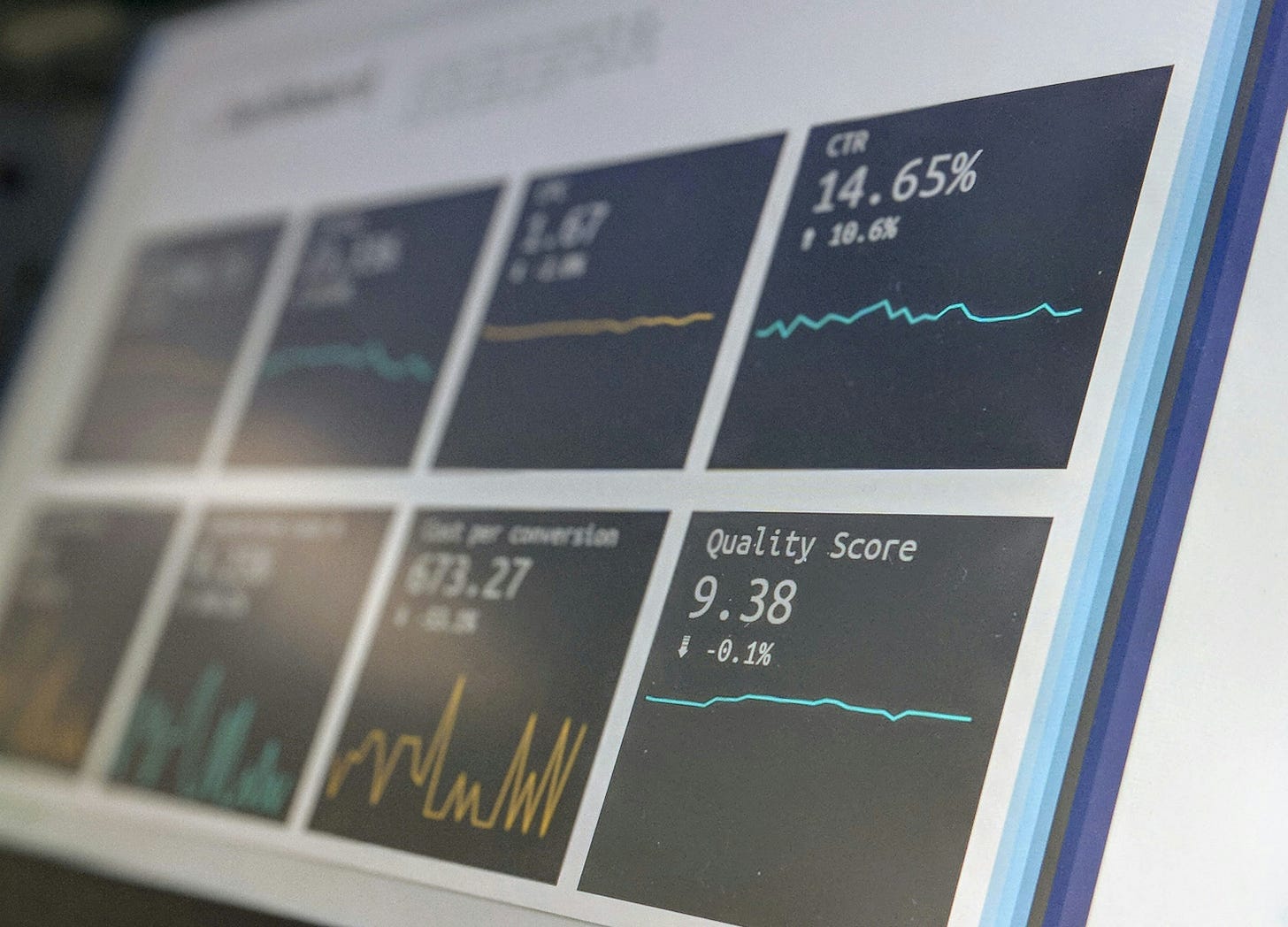Patria Sells Overdue Management Fees Owed by its Own Fund
Banco Santander buys Patria receivables at an 11% discount to face value
Patria Investments Ltd., having waited years to collect management fees from one of its worst-performing private equity funds, decided to unload the overdue payments instead.
The firm, ranked among Latin America’s largest asset managers, sold about $66 million of outstanding management fees to Banco Santander earlier this year at an 11% discount to face …
Keep reading with a 7-day free trial
Subscribe to Deadline Disclosures to keep reading this post and get 7 days of free access to the full post archives.



